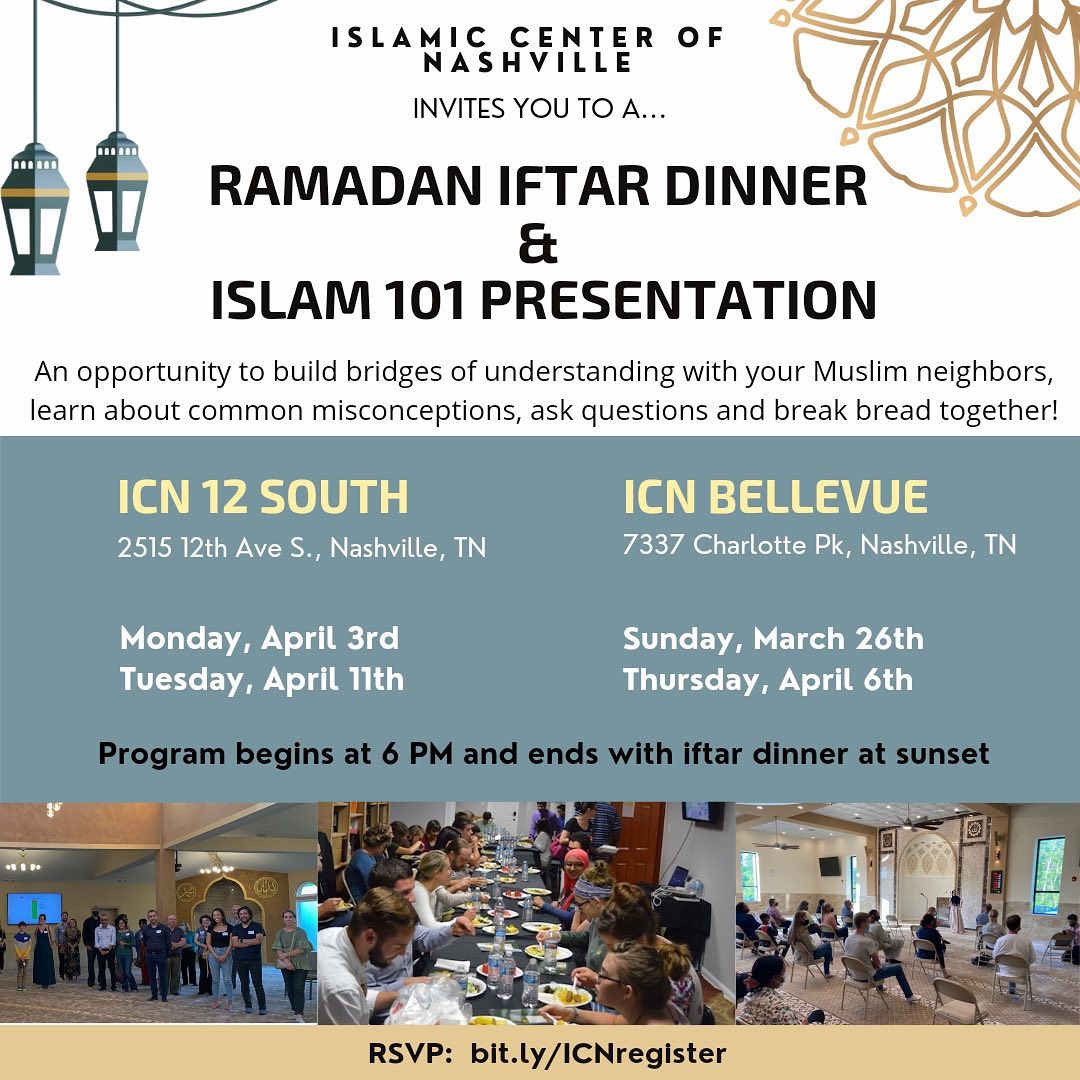Published on March 22, 2023
Alive’s Diversity, Equity, and Inclusion Committee is highlighting important resources during Ramadan to help educate and support the community!
Ramadan is a holy time for Muslims that begins the evening of March 22 and ends the evening of April 21 this year. Muslims change their routine during this time of reflection, practicing fasting and setting aside additional time for prayer as they dedicate themselves to God.
These practices and changes to routine are important to be aware of as we respectfully provide support to those within the community.
What do you need to know to provide culturally sensitive care and support? Alive’s Diversity, Equity, and Inclusion Committee has brought together resources to help!
What is Ramadan?
Ramadan (Arabic: رَمَضَان, Ramaḍān) is the ninth month of the Islamic lunar calendar, and the month in which the Quran is believed to have been revealed to the Islamic prophet Muhammad. Fasting from dawn until sunset during the month of Ramadan is one of the Five Pillars of Islam. The first three days of the next month, Shawwal, are spent in celebration during Eid al-Fitr (April 21), the Festival of Breaking Fast. Ramadan is a time for reflection and working on oneself and one’s relationship to others and God. Fasting and special prayers help practitioners find gratitude and remain in a reflective state of mind. Many find joy in the rigor of fasting and looking forward to breaking the fast with family and friends.During this time especially, Muslims donate food and money to those in need. It is an almsgiving known as zakat, which is another of the five pillars of Islam along with fasting. Those who have to break their fast will buy a meal for someone in need.Did You Know?
- Acting out of anger “breaks your fast” during Ramadan
- There are exceptions to fasting requirements, especially for the ill
- Muslims also fast at other times throughout the year, not just Ramadan
- The dates of Ramadan change each year due to the lunar calendar
- Muslims can start fasting for Ramadan when they reach puberty
- Non-Muslims are welcome to participate
More Resources:Arab News A Beginner’s Guide to RamadanPrayer TimesPBS Ramadan Video 10 Things to Know from the BBC
Healing and Experiencing Grief During Ramadan
How Can I Support Patients & Families?
Sabina Mohyuddin, Executive Director of the American Muslim Advisory Council, created a resource (AMAC Ramadan Tip Sheet for Hospice) for Alive’s interdisciplinary teams on how to support patients and families during Ramadan.Sabina’s husband was in poor health during Ramadan before he entered hospice, and we are incredibly grateful to have her expertise as a professional and a family member who has navigated this experience.AMAC is also working with Nutrition by Noor who made a Ramadan Guide for Health Practitioners.
How Can I Support Colleagues?
You can support your Muslim colleagues who are celebrating Ramadan by being mindful of prayer and fasting times. Non-Muslim Etiquette Guide from CNNVideo: Respecting Ramadan in the workplaceQuiz: How can you respect Ramadan in the workplace?Ramadan at work: HR best practice and Employer Guide
Join the Islamic Center for Ramadan
The Islamic Center of Nashville (ICN) is one of the oldest mosques in Tennessee. You can join them for a meal and informational sessions during Ramadan. ICN was founded in 1978 in an effort to help in the preservation of the spiritual well-being of its members as well as to foster a greater and better understanding between Muslims and people of others faiths. ICN represents a diverse community with members from all walks of life and representing over 40 nationalities.

